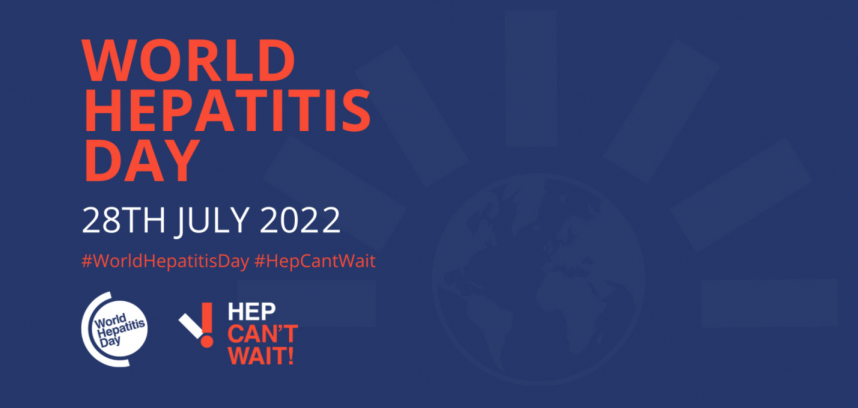
World Hepatitis Day takes place every year on 28 July to raise awareness and promote global action on viral hepatitis.
Hepatitis is an inflammation of the liver. There are five main types of the hepatitis virus – A, B, C, D, and E. Hepatitis B and C lead to chronic disease in hundreds of millions of people globally, and together are the most common cause of liver cirrhosis, liver cancer, and viral hepatitis-related deaths.
As of 2019, an estimated 116 million people in the Western Pacific are living with hepatitis B and 10 million with hepatitis C. While there are evidence-based, effective, and safe interventions to diagnose, treat, and prevent chronic hepatitis B and C, most people remain undiagnosed and untreated. In the Western Pacific, only 18% of people living with hepatitis B have been diagnosed and 5% have received treatment. For hepatitis C, 25% of people have been diagnosed and 10% have received treatment.
Bringing hepatitis care closer to you
This year’s theme, “Bringing hepatitis care closer to you”, aims to raise awareness about the need to simplify and bring hepatitis care to primary health facilities, community-based venues, and locations beyond hospital sites, so that care is closer to communities and people wherever they are.
The new Global Health Sector Strategies on, respectively, HIV, viral hepatitis, and sexually transmitted infections for the period 2022-2030 emphasize the importance of person-centered care and alignment of systems and integration of services to reach the goal of elimination by 2030. To achieve hepatitis elimination at least 60% of people living with hepatitis B and C must be diagnosed and at least 50% eligible for treatment must be cured (hepatitis C) or receiving treatment (hepatitis B) by 2025.
For this to happen, those in need must have access to hepatitis services that are accessible, and that are equitable, effective, efficient, timely, and of acceptable quality.
5 actions to protect yourself against hepatitis:
- Use sterile injections always
- Use your own razors and blades
- Practice safe sex
- Use safe tattooing and piercing equipment
- Vaccinate infants against Hepatitis B